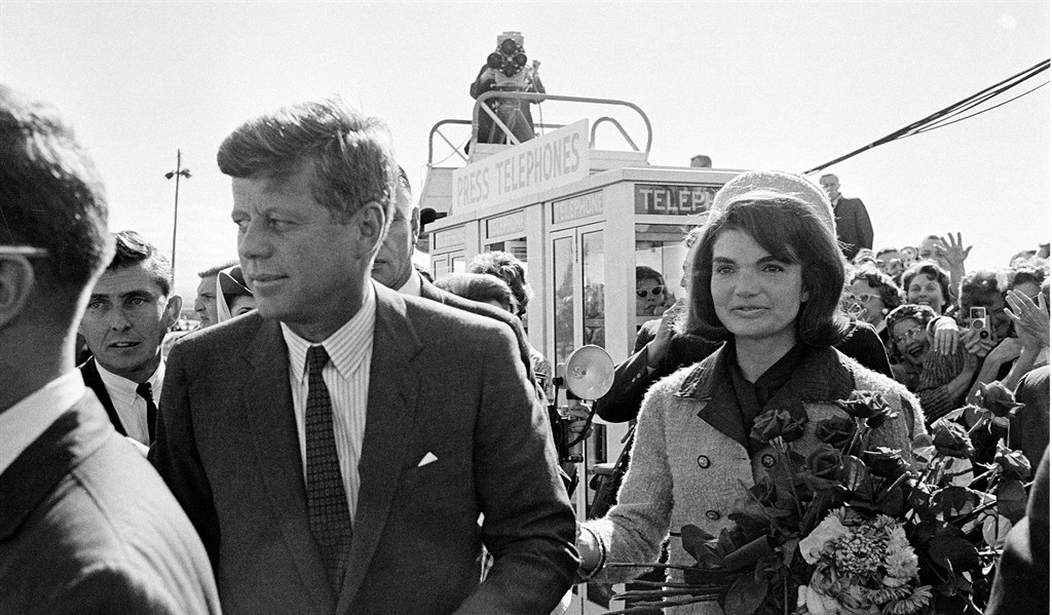The phrase "City on a Hill" was coined by John Winthrop, the first governor of the Massachusetts Bay Colony. He penned a directive as he crossed the ocean from England to New England aboard the Arabella in early 1630. His passengers were primarily Puritans who had fled England in search of religious freedom.
Winthrop wanted the settlers to be successful, and he understood that they would be under great scrutiny. His directive provided inspiration and caution, noting that the settlers would need to "do justly, to love mercy, to walk humbly with our God" if they wanted to succeed. For the community to work, "we must uphold a familiar commerce together in all meekness, gentleness, patience and liberality. We must delight in each other; make others' conditions our own; rejoice together, mourn together, labor and suffer together, always having before our eyes our commission and community in the work, as members of the same body."
Winthrop knew that the events in New England would be watched not just by England, but by the world. It was in this context that Winthrop noted: "We must consider that we shall be as a city upon a hill. The eyes of all people are upon us."
His language made it clear that we were not destined to be a shining example, only that we were destined to be an example -- shining or otherwise.
The same phrase was invoked by John F. Kennedy in 1961, slightly more than a week before he was inaugurated as president. "Today the eyes of all people are truly upon us -- and our governments, in every branch, at every level, national, state and local, must be as a city upon a hill -- constructed and inhabited by men aware of their great trust and their great responsibilities."
Kennedy was aware that institutions are only as noble as those who inhabit them.
Recommended
President Ronald Reagan used a different phrase, but similar language, in his farewell speech on Jan. 11, 1989.
He talked about our history as "a tall, proud city built on rocks stronger than oceans, windswept, God-blessed, and teeming with people of all kinds living in harmony and peace; a city with free ports that hummed with commerce and creativity. And if there had to be city walls, the walls had doors, and the doors were open to anyone with the will and the heart to get here."
Regarding our future, Reagan understood that, "as long as we remember our first principles and believe in ourselves, the future will always be ours."
Reagan, who was known more for his faith in the American people than in the American government, warned that, "as government expands ... liberty contracts."
The question that resides in front of us today is whether the people who inhabit our government institutions are aware of their great responsibility.
Events of this past month have shone a bright light on several of our government institutions. Whether it's the actions surrounding the terrorist attacks in Benghazi on the U.S. consulate, the IRS targeting groups based on their name, the Justice Department's pursuit of Fox reporter James Rosen or the NSA's extensive collection of private citizens' personal data, our institutions appear to be more tarnished than shiny.
To remove the tarnish will require hard work and the bright light of investigative reporting to find out and openly air in the court of public opinion the facts regarding these events. Covering up and withholding information will only deepen the tarnish.
Kennedy's words of caution are as relevant today as they were in 1961, when he laid out, in that same speech, four questions, whose answers would determine whether we were successful:
"First, were we truly men of courage ... the courage to resist public pressure, as well as private greed?
"Secondly, were we truly men of judgment ... with enough wisdom to know that we did not know, and enough candor to admit it?
"Third, were we truly men of integrity -- men who never ran out on either the principles in which they believed or the people who believed in them ...
"Finally, were we truly men of dedication ... devoted solely to serving the public good and the national interest."
The tarnish will eventually be removed, but by who, this administration or the next, will be determined by who correctly answers the four questions above.

























Join the conversation as a VIP Member